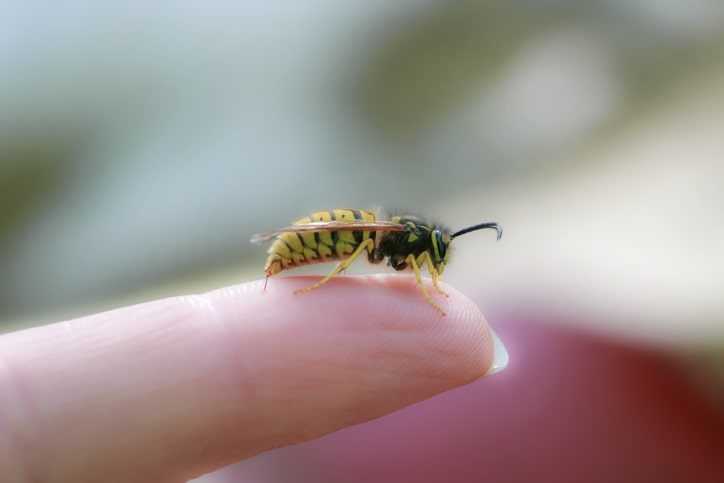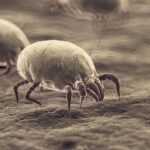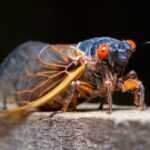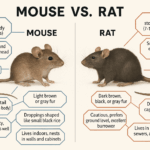Being stung by a bee or wasp is never a fun experience. From the pain it causes to treating the sting, bees and wasps are not insects to ignore. PURCOR is here to help you learn why bees and wasps sting, how to treat these stings, and we cover other stinging insects. Along with tips for basic treatments or seeking medical professional help, PURCOR offers our services to help avoid any stings in your future.
Why Do Bees Sting?
Although there are different kinds of bees, most bees are known to sting when they feel threatened or in danger. Due to the large colonies that they live in, they are very protective of their home. If they feel that their colony is disturbed, they won’t hold back on releasing their stingers, which also release a chemical that will attract other bees to sting you too.
How to Treat a Bee Sting
If stung by a bee, their stinger is not something you want to take lightly. You will want to remove the sting with caution to avoid more pain and swelling, and be aware of any allergic reaction that may occur.
So, how do you remove a bee stinger? Because the stinger contains venom you will want to avoid squeezing the stinger. Instead, you will want to scrape it out. This can be done with your finger, or some use a credit card as the straight edge can help get the job done.
After the stinger is out, wash the area thoroughly and apply a cold pack to reduce swelling. In the case that an allergic reaction occurs, be sure to seek medical attention.
Do Bees Die When They Sting?
The only bee that will die after stinging you is the honey bee. Because their stinger is gone after they sting, they are not able to survive afterward. Other bees, such as carpenter and bumblebees, are able to survive after a sting.
Why Do Wasps Sting?
Similar to bees, wasps are bound to sting a human if they feel threatened. They also work hard to protect their homes, so you want to be cautious and not get too close. There are types of social wasps and solitary wasps, both will attack if they feel in danger.
When it comes to social wasps, such as yellow jackets, they will also attract others in their colony to be defensive, causing a dangerous situation for you. If you are unsure if you’ve been stung by a wasp and ask, what does a wasp sting look like? Well, your skin will become red and swell, and a welt may form causing warmth and itchiness.
How to Treat a Wasp Sting
Now you might be wondering what to do for a wasp sting. Unlike bees, wasps will not leave behind a stinger after they sting you. However, you will still want to avoid pain and itching from the sting by washing the skin and applying a cold pack. In addition to this, you might consider taking pain reliever medicine and applying a hydrocortisone cream to the sting. Also, if any sort of reaction happens be sure to consult with a medical professional.
Do Wasps Die After They Sting You?
If you are stung by a wasp, you will want to be careful because the wasp will not die. Wasps are able to sting you multiple times, so escape where the wasp is after you’ve been stung.
Other Bees and Wasps
Some other questions you may have are: do bumblebees sting, do mud daubers sting, or can carpenter bees sting? Although bumblebees are not likely to sting, they are capable of doing so.
Compared to other stings from bees and wasps, mud daubers are able to sting, but their venom is not too dangerous. Lastly, female carpenter bees can sting if threatened, but they will not leave their stinger behind.
Avoid Stings With PURCOR
The best way to avoid stings around your property is to hire professionals, especially if you already have an existing problem. The last thing you want is to handle bees and wasps colonies on your own, so call PURCOR for bee control and wasp control. Protect your home or business with our safe solutions so that you can enjoy the outdoors peacefully. Find a service area near you today to find a team of professionals to help.
"*" indicates required fields
"*" indicates required fields




